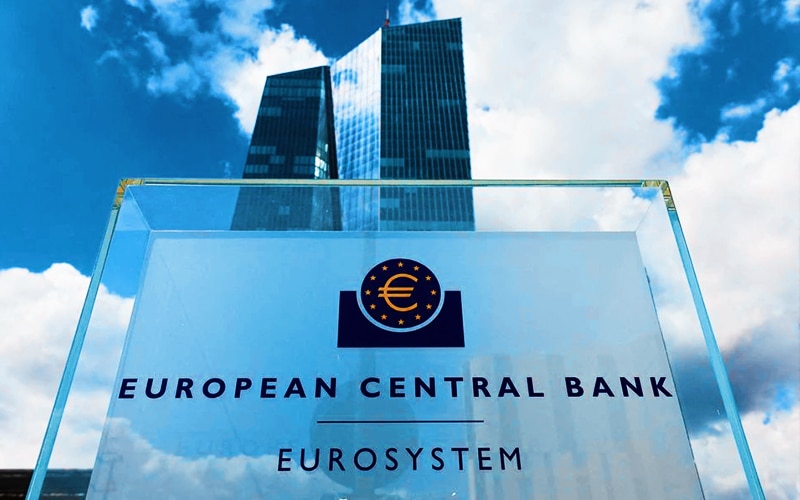The European Central Bank outlined the shortcoming of the leading cryptocurrency bitcoin in its latest blog titled “Bitcoin’s last stand”. ECB argued that Bitcoin has been marketed as a global decentralized digital currency since its inception in 2008. However, Bitcoin’s conceptual design and technological shortcomings make it questionable as a means of payment.
ECB backed its argument by saying that real bitcoin transactions are cumbersome, expensive, and slow. Thus, Bitcoin has never been used to any significant extent for legal real-world transactions. It even mentioned in its tweet that any price stabilization BTC may incur now will be artificially induced.
The blog also emphasized the point that, despite people hoping for Bitcoin’s value to hit new heights in mid-2010, it has failed to become suitable as an investment.
The European Central Bank said, “It does not generate cash flow (like real estate) or dividends (like equities), cannot be used productively (like commodities) or provide social benefits (like gold). The market valuation of Bitcoin is therefore based purely on speculation.”
The crypto community, on the other hand, argued that the blog only portrayed Bitcoin’s shortcomings rather than covering both ups and downs of the cryptocurrency. The piece was written by the director general and adviser of the ECB, Ulrich Bindseil and Jürgen Schaaf, who also framed that the digital currency is on “the road to irrelevance.”
The stern tone of the blog also positioned Bitcoin on the not-so-bright-side. ECB went on to claim that the regulatory attention it is currently receiving from lawmakers around the world can be “misunderstood as approval”.
Moreover, the European Central Bank also warned banks against engaging with digital currency as it could taint their reputation. Earlier this year, ECB declared that it prefers CBDCs as a mode of payment across borders over Bitcoin, banking, and stablecoins, among others.
Its latest stance on the subject further meddles with cryptocurrency growing adoption. Nevertheless, the recent turn of events has clearly given a green signal to regulatory authorities and lawmakers to scrutinize the threats cryptocurrency can potentially pose to financial systems.






